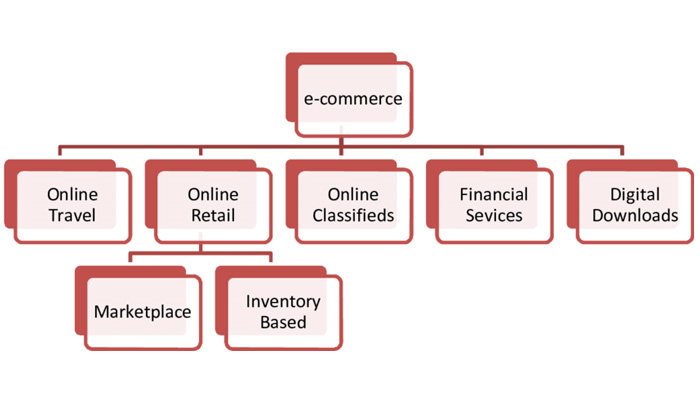A literature review and classification of electronic commerce research
Abstract
This paper provides a comprehensive literature review and a classification scheme for electronic commerce (EC) research. We analyzed 275 journal articles published between 1993 and 1999 across nine key journals focused on EC. The findings reveal a steady increase in EC research across diverse areas. We classify the articles into four main categories: application areas, technological issues, support and implementation, and others. The review aims to serve as a valuable resource for anyone interested in EC research, stimulating further academic and practical exploration of the field.
Introduction
The integration of information technologies (IT) is transforming businesses globally, and electronic commerce (EC) has emerged as a critical tool for conducting transactions. As organizations invest heavily in IT infrastructure, EC allows businesses to connect with trading partners, enabling more efficient production and delivery systems. This enhances their competitiveness on a global scale. While there is no universally accepted definition of EC, this study adopts the definition by Kalakota and Whinston, outlining EC from four perspectives:
- Communications Perspective: The delivery of information, products, services, or payments via telephone lines, computer networks, or other means.
- Business Process Perspective: The use of technology to automate business transactions and workflows.
- Service Perspective: EC as a tool to reduce service costs, enhance product quality, and accelerate service delivery.
- Online Perspective: The ability to buy and sell products and services online.
EC research is both novel and rapidly expanding. This paper aims to provide a structured review of EC research conducted between 1993 and 1999, classifying the literature to highlight key trends. The increasing volume of published work underscores the growing importance of EC, and the study’s classification offers insights into the evolving state of the field.
Research Methodology
Our survey focuses solely on journal articles, as they are the most widely recognized and trusted sources of high-quality research. We exclude conference proceedings, theses, textbooks, and unpublished papers. A total of 275 articles from nine EC-related journals were reviewed to explore the latest findings and research developments in the field.
Classification Method
The articles were classified into four broad categories based on the nature of EC research. The classification framework, adapted from previous work in information systems (IS) research, includes:
- Applications
- Technological Issues
- Support and Implementation
- Others
Each of these categories is further divided into subcategories for a more detailed classification.
Classification Results
The 275 identified articles were analyzed according to their topics, publication years, and their share within the selected journals. The results show a notable increase in the volume of EC research, highlighting key areas of interest and emerging trends over the study period.
Conclusion and Research Implications
Given the multidisciplinary nature of EC, research is scattered across various academic journals. Our extensive literature search led to the identification of 275 articles published between 1993 and 1999. Although this review is not exhaustive, it provides valuable insights into the key areas of EC research. The study helps identify current trends and research directions, which could be beneficial for future work in both academia and industry.
Acknowledgements
The authors thank the editor and reviewers for their constructive feedback on an earlier version of this paper. This research was supported in part by The Hong Kong Polytechnic University (grant number G-V926).
Author Information
Eric W. T. Ngai, PhD, is an Assistant Professor in the Department of Management at The Hong Kong Polytechnic University. His research focuses on electronic commerce, Web/EDI-based supply chain management systems, decision support systems, and expert systems. He has published extensively in journals such as IEEE Transactions on Systems, Man and Cybernetics, Expert Systems and Applications, and the International Journal of Operations and Production Management.

